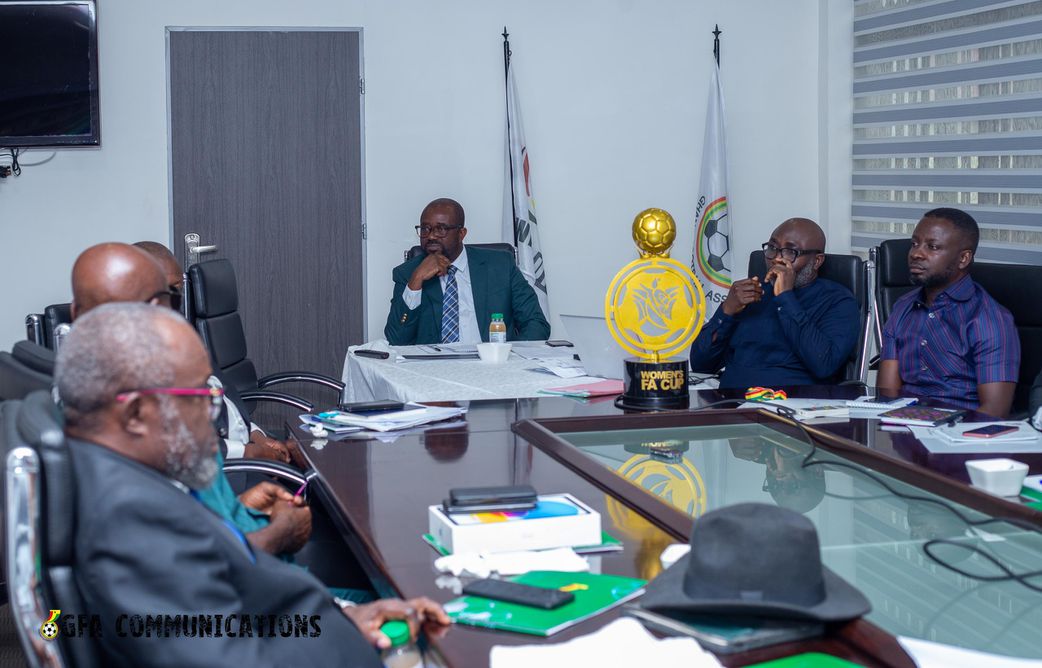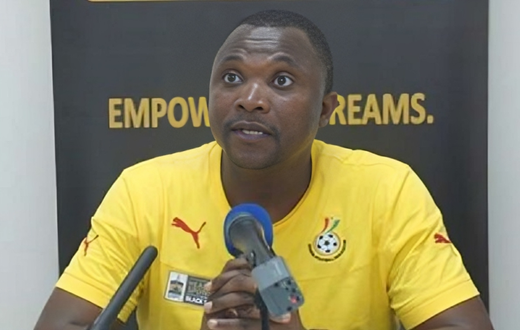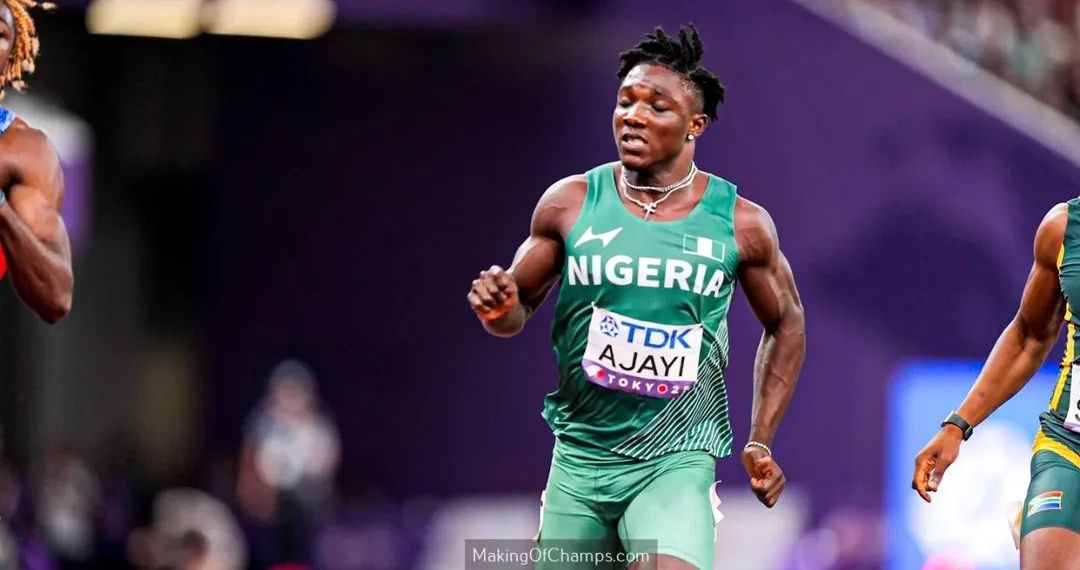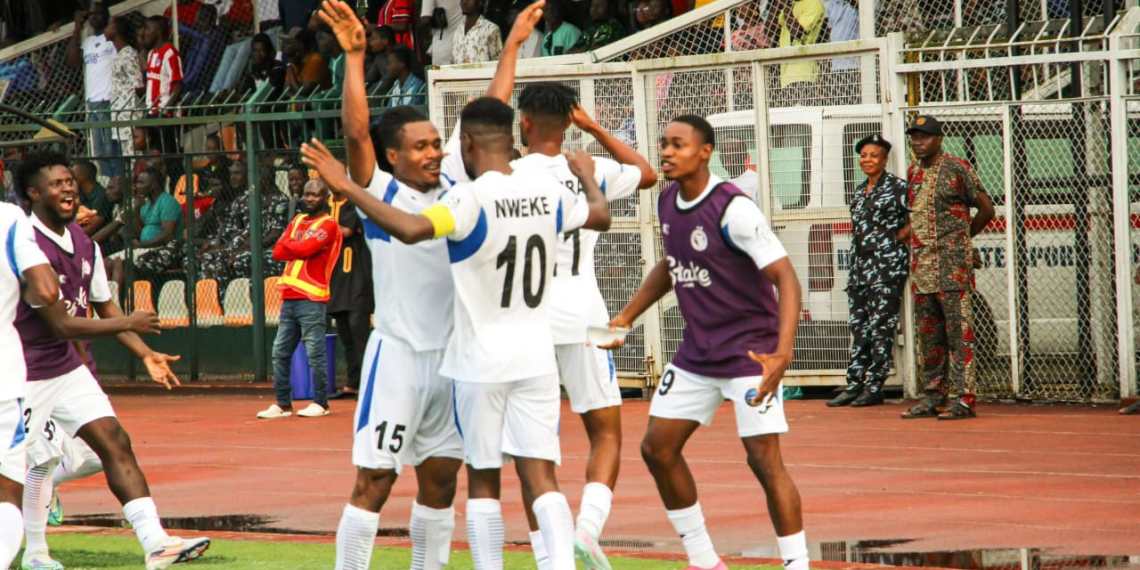In West Africa, football is more than just a game—it’s a lively thread woven through the daily lives of fans across Nigeria, Ghana, and beyond. From bustling Lagos watch centers to animated Accra viewing halls, every fixture in the Ghana Premier League (GPL) attracts attention and sparks passionate debate. But recent events have highlighted simmering frustrations among stakeholders about the integrity of officiating and the broader challenges facing domestic football in the region.
The latest incident causing a stir involves the fiercely contested match between Dreams FC and Accra Lions, officiated by referee Maxwell Hanson. Dreams FC emerged as narrow 1-0 winners, but it’s the manner of victory—marked by controversial officiating—that has generated significant public outcry and introspection about the state of Ghanaian football, with ripple effects across the subcontinent.
Shortly after the final whistle, Accra Lions alleged that contentious refereeing decisions, documented in match footage circulating online, unfairly shaped the outcome in favor of the home side. These claims reignited long-held concerns among West African fans about the standard of officiating, transparency, and how disputes are handled in domestic leagues.
One of the strongest voices weighing in on the controversy is Ibrahim Sannie Daara, the former Communications Director at the Ghana Football Association (GFA). Taking to social media, Sannie Daara expressed deep frustration and disappointment after viewing video highlights of the match. He underscored the financial and emotional investments that clubs like Accra Lions have made in promoting Ghanaian football, arguing that unfair officiating risks compromising both the league’s reputation and the hard work of investors, players, and fans across the country.
For the first time in 20 years, I shed tears at 1 am when I saw highlights of Dreams FC vs. Accra Lions. I have firsthand knowledge of the millions of dollars Lions have invested in Ghanaian football, and seeing this being undermined was too painful. I am a human being; I have a soul.
Accra Lions quickly followed up with a formal statement, sharply criticizing the GFA for what they described as “chronically poor” league organization and a pressing need for robust reforms in refereeing standards. According to the club’s leadership, the persistent issues undermine not only their own efforts but also the broader vision for professionalizing and uplifting African football. The Lions’ appeal resonated with many Nigerian and West African teams who have faced similar obstacles, such as inconsistent officiating in high-stakes league matches.
Dreams FC, for their part, dismissed these accusations, calling the reaction of Accra Lions “hypocritical.” In their statement, the club noted that refereeing errors are not unique to Ghana, pointing out that such incidents regularly ignite debate even in Europe’s top competitions. They encouraged their counterparts to use formal complaint procedures, such as filing official protests to the GFA’s disciplinary committees, rather than resorting to public disputes that could further erode public trust in the system.
While Dreams FC climbed to 14th place on the league table with this crucial win, Accra Lions remain mired in the relegation zone, now sitting 17th with only 13 points from 16 games. The ongoing relegation struggle adds even more pressure to the call for fair officiating, with displaced teams in Nigeria’s NPFL and Ghana’s GPL frequently citing similar grievances about controversial refereeing affecting their fates.
The Need for Deep-Seated Reform in Ghana Football

The uproar from this match has reignited urgent discussions about the need for structural reform within the Ghana Football Association, currently led by Kurt Okraku. According to seasoned analysts across the region, concerns over the quality of refereeing have become a dangerous flashpoint. In Nigeria, for instance, similar crises in the NPFL have sometimes led to unruly fan behavior and stadium violence, with clubs and supporters expressing frustration at what they perceive as inconsistent application of league rules and disciplinary measures.
This trend is worrisome for both local and international football observers, many of whom stress that unchecked officiating errors threaten the long-term development and global competitiveness of West African leagues. As Dr. Olumide Ayodeji, a Lagos-based football policy expert, noted, “If we want our leagues to rival those in Europe or North Africa, we must prioritize transparency, regular referee training, and robust monitoring systems. Otherwise, we risk losing our brightest talents to other leagues and undermining fan loyalty.”
Stakeholders have proposed several solutions. First is the adoption of advanced officiating technology, such as Video Assistant Referee (VAR), which has already been implemented in South Africa’s Premier Soccer League and top European leagues. While VAR can be costly, there is broad agreement among experts and fans that even incremental steps—like match-day referee video assessment, transparent disciplinary panels, and improved referee remuneration—would go a long way in boosting public confidence.
In Ghana, efforts to address officiating controversies have often been complicated by resource constraints, administrative delays, and the reluctance of some governing bodies to adopt reforms championed by clubs and external observers. A recent study by the West African Football Union highlighted that over 60% of domestic league clubs in West Africa have reported dissatisfaction with the current standards of officiating. This dissatisfaction not only hampers league quality but also discourages sponsorship, disrupts youth investment, and stalls the progress of the sport at grassroots and elite levels.
Despite these hurdles, there have been bright spots. In neighboring Nigeria, the League Management Company has implemented periodic referee workshops and partnerships with international experts to raise standards—a model that Ghana and other regional leagues might find useful. Internationally, the Confederation of African Football (CAF) is also pushing for more rigorous certification and match monitoring, aligning with FIFA’s broader call for accountability in global football administration.
For West African fans—whether in the bustling streets of Abuja or the lively districts of Kumasi—the integrity of local leagues remains a source of pride and a stepping stone for stars who might one day represent the continent on the world’s biggest stages. Improving officiating isn’t just about immediate results; it’s about nurturing a football culture where young talents can flourish, fans can trust match outcomes, and investors feel confident supporting local teams.
Restoring faith in football’s administration will require deliberate collaboration among league officials, club executives, referees, and passionate supporters. Communal forums, transparent feedback channels, and ongoing education for match officials are vital steps as advocated by regional football associations. The onus is on everyone involved to push for change—because the beautiful game in West Africa deserves nothing less than full accountability and world-class standards.
What do you think is the most important step to restore integrity in West African football? Should the GFA and other FA’s prioritize new technology or focus on grassroots referee development? Drop your thoughts in the comments and join our community for more stories on how football shapes culture and identity across Africa.
Have a football story, tip, or personal league experience from Nigeria or Ghana you want to share or sell? We welcome your insights—and you might even get featured! Email us at story@nowahalazone.com to submit your story or discuss story sales.
Looking for more updates on African sports, grassroots development, and West African football culture? Follow us on Facebook, X (Twitter), and Instagram for breaking news and exclusive features!
For support or general questions, reach us anytime at support@nowahalazone.com. Your voice matters in the future of African sports!










